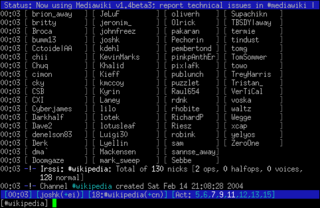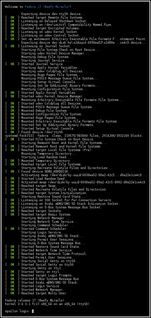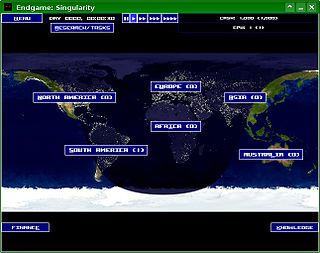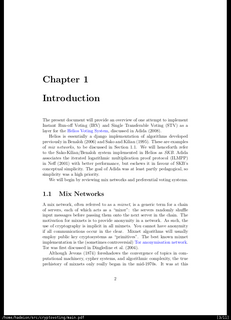This article needs additional citations for verification .(February 2017) (Learn how and when to remove this template message) |
 | |
SoundConverter v2.9.0 | |
| Original author(s) | Lars Wirzenius (2004) [1] |
|---|---|
| Developer(s) | Gautier Portet (2005-2017) [1] and free software community |
| Repository | github |
| Written in | Python (PyGTK) |
| Operating system | Linux |
| Platform | GNOME |
| Available in | English |
| Type | Transcoding |
| License | GNU GPLv3 [2] |
| Website | soundconverter |
SoundConverter is a free and open-source transcoder for digital audio files. [3] It uses GStreamer for input and output files. It has multi threaded design and can also extract the audio from videos. [4]

Digital audio is sound that has been recorded in, or converted into, digital form. In digital audio, the sound wave of the audio signal is encoded as numerical samples in continuous sequence. For example, in CD audio, samples are taken 44100 times per second each with 16 bit sample depth. Digital audio is also the name for the entire technology of sound recording and reproduction using audio signals that have been encoded in digital form. Following significant advances in digital audio technology during the 1970s, it gradually replaced analog audio technology in many areas of audio engineering and telecommunications in the 1990s and 2000s.
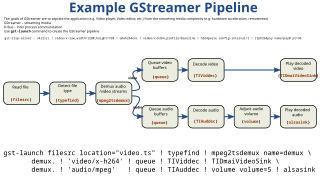
GStreamer is a pipeline-based multimedia framework that links together a wide variety of media processing systems to complete complex workflows. For instance, GStreamer can be used to build a system that reads files in one format, processes them, and exports them in another. The formats and processes can be changed in a plug and play fashion.
Contents
From many years ago, [5] it is available in the repositories of many Linux distributions included Debian, [6] Fedora, [7] openSUSE, [8] Ubuntu, [9] Gentoo [10] and Arch Linux. [11]
A Linux distribution is an operating system made from a software collection, which is based upon the Linux kernel and, often, a package management system. Linux users usually obtain their operating system by downloading one of the Linux distributions, which are available for a wide variety of systems ranging from embedded devices and personal computers to powerful supercomputers.

Debian is a Unix-like operating system consisting entirely of free software. Ian Murdock started the Debian Project on August 16, 1993. Debian 0.01 was released on September 15, 1993, and the first stable version, 1.1, was released on June 17, 1996. The Debian stable branch is the most popular edition for personal computers and network servers, and is used as the basis for many other distributions.

Fedora is a Linux distribution developed by the community-supported Fedora Project and sponsored by Red Hat. Fedora contains software distributed under various free and open-source licenses and aims to be on the leading edge of such technologies. Fedora is the upstream source of the commercial Red Hat Enterprise Linux distribution.

